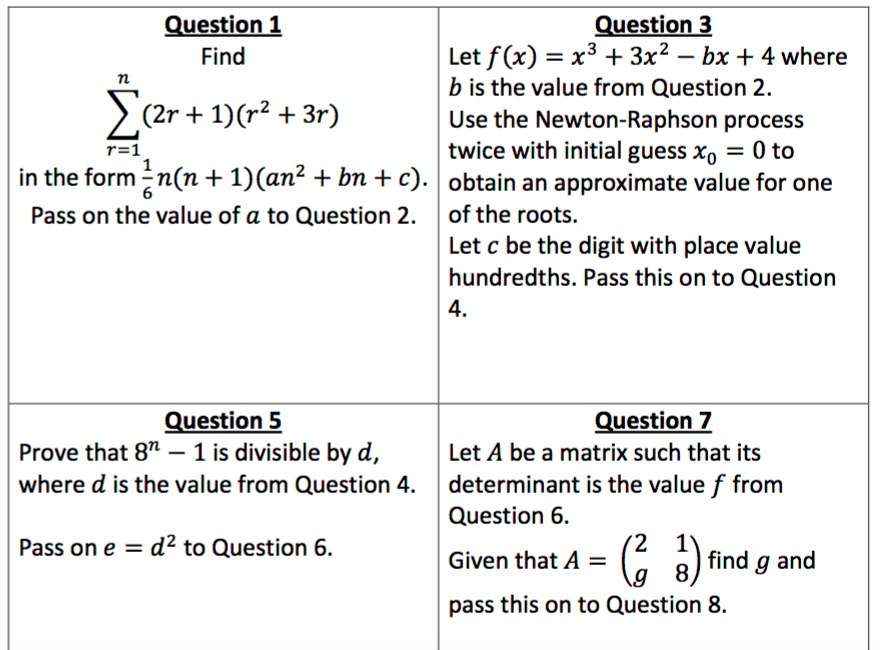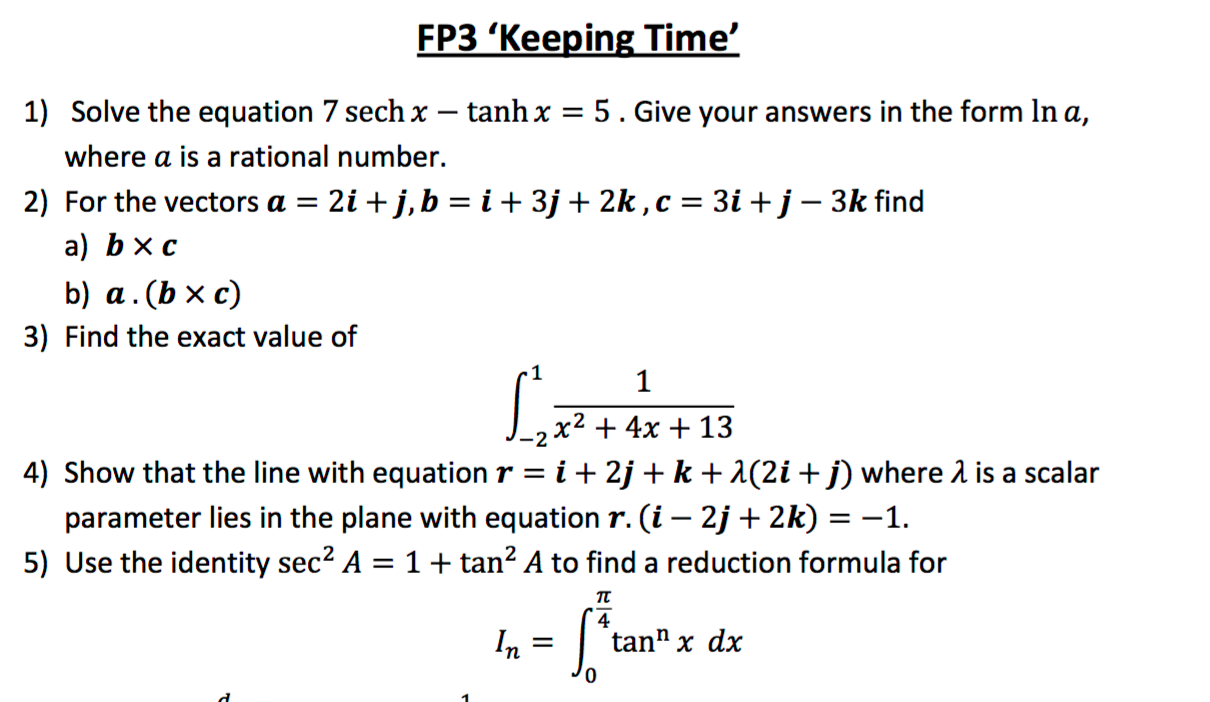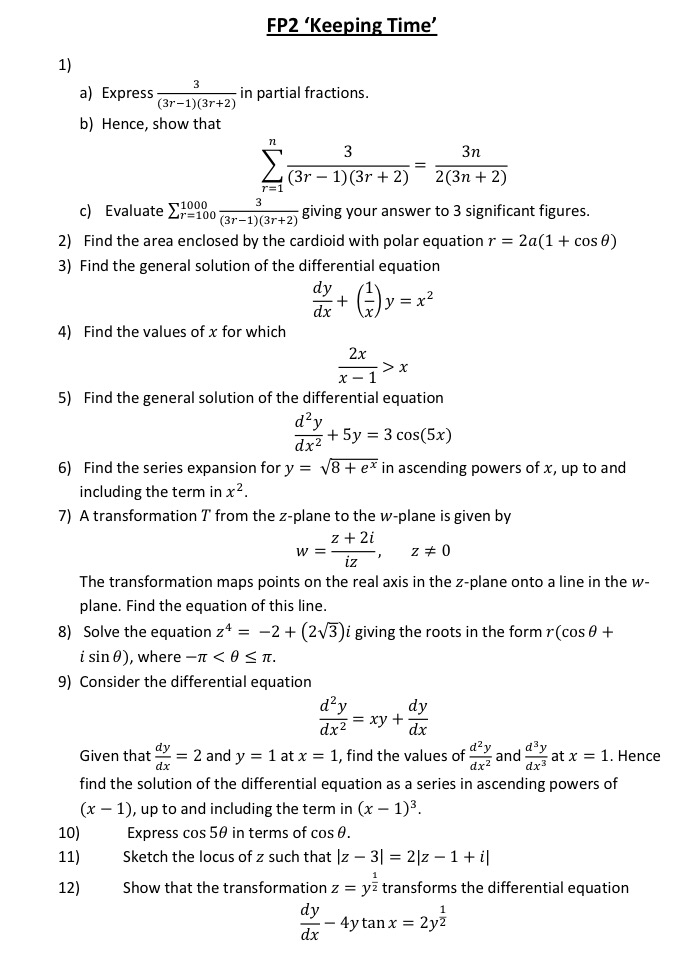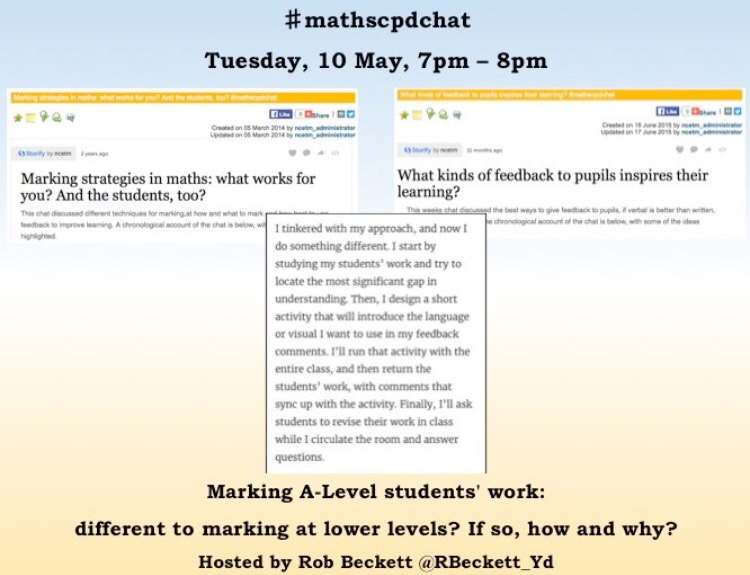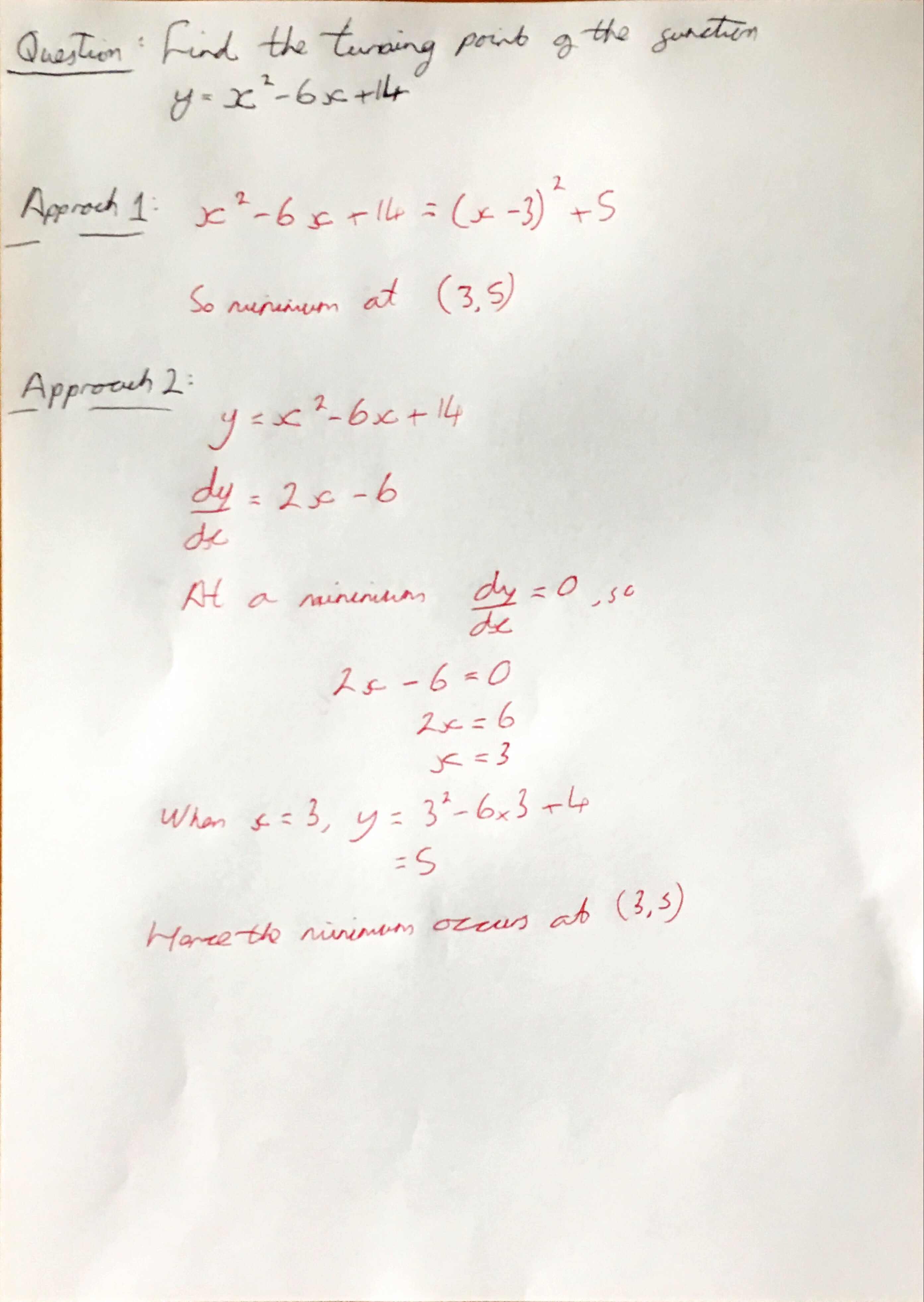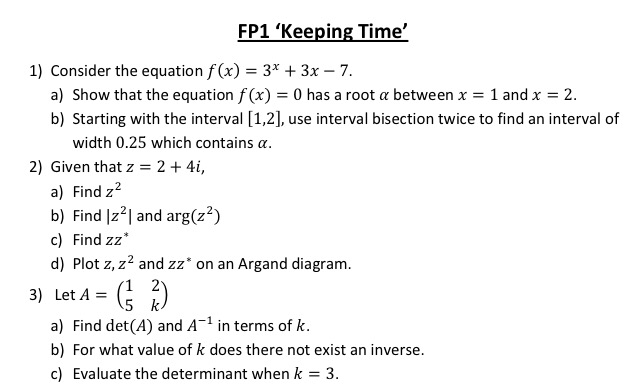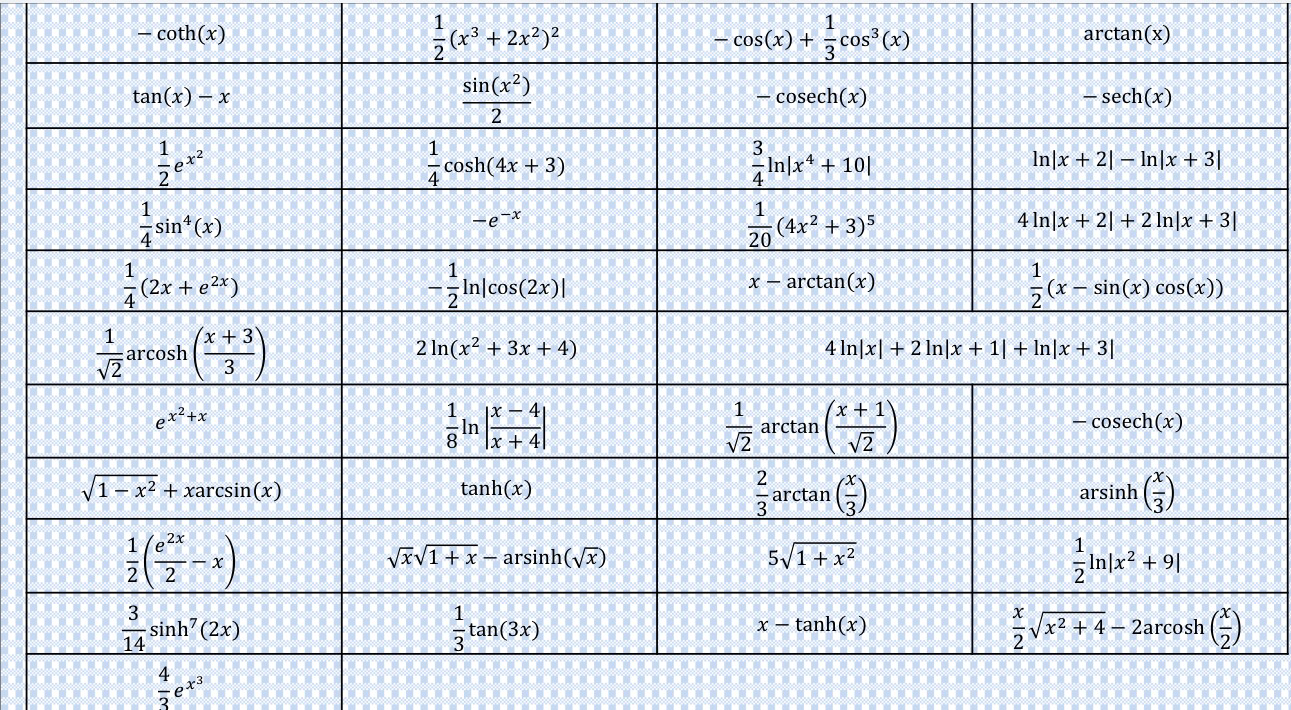Today (Monday 9th May) we are going to be discussing the recent paper by Ian Jones, Chris Wheadon, Sara Humphries and Matthew Inglis entitled “50 Years of A-Level Mathematics: Have Standards Changed“. . As the article is pay-walled we will be looking at a pre-print version available Here.
Anecdotally most people seem to agree that over time A-Level mathematics has got easier. From my own experience the current C1 module for example contains less than the P1 module that I took – but is scoping down definitely leading to easier exams?
The article we are going to be looking at aims to answer that question by using a comparative judgement approach (see the No More Marking Ltd company that one of the authors runs).
It’s a shame that there weren’t any scripts available to be included in the study from the 1970s and 1980s – why is this I wonder?
To me, this study is certainly stronger than previous comparability studies and they have taken lots of measures to address (and in some cases eliminate) problems associated with this kind of study.
A few things to think about:
- Does the fact that no questions had to be excluded reflect the “constancy” of maths over time?
- Does the concept of “the better mathematician” vary?
- Does the outcome of this study fit with our perceptions?
Join me at 8pm!!
